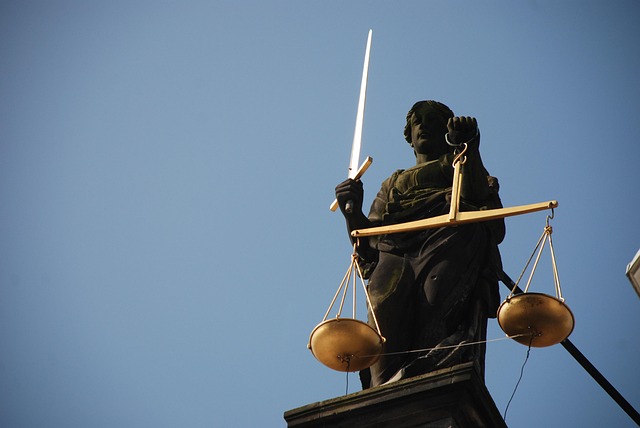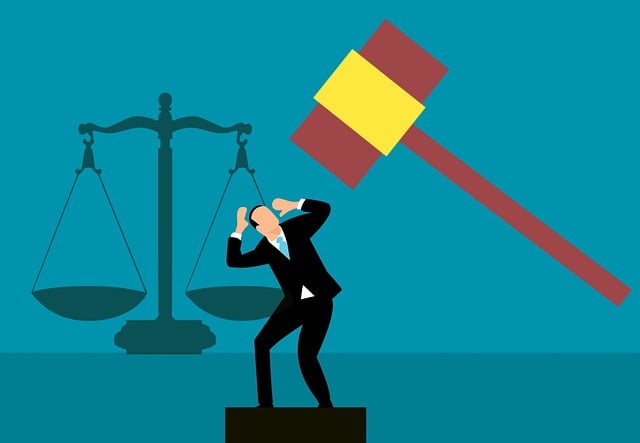After a bicycle accident, if not at fault, gather comprehensive documentation (bills, records, police reports) to negotiate medical bill compensation from responsible parties or insurance companies. Organize this evidence chronologically and accurately to counter challenges. Communicate assertively with providers and insurers, requesting detailed statements and discussing flexible payment options based on your payability. Critically analyze bill line items to identify overcharging and explore alternative pricing models for better rates on care phases.
After a bicycle accident, navigating unexpected medical bills can be overwhelming. Understanding your rights and gathering essential documents are crucial first steps. This guide equips you with strategies to effectively negotiate bicycle accident medical bills. Learn how to collect necessary evidence, communicate persuasively, and employ bill reduction techniques. By following these steps, you’ll gain control over your financial burden and ensure fair treatment in the aftermath of your injury.
- Understanding Your Rights and Medical Bills After a Bicycle Accident
- Gathering Necessary Documents and Evidence for Negotiation
- Strategies for Effective Communication and Bill Reduction Techniques
Understanding Your Rights and Medical Bills After a Bicycle Accident

After a bicycle accident, understanding your rights regarding medical bills is crucial. In many jurisdictions, cyclists involved in collisions have specific legal protections and entitlements when it comes to healthcare costs. If the accident was not your fault, such as in cases of slip and fall injuries or elder abuse (where an older person is vulnerable to harm), you may be able to seek compensation from the at-fault party. This can help cover unexpected medical expenses and other related costs.
In terms of negotiating bicycle accident medical bills, it’s important to gather all relevant documentation, including bills, diagnoses, and treatment records. These will be essential when discussing payment plans or seeking reimbursement with insurance companies or responsible parties. Just as in real estate disputes where every detail matters, being prepared with accurate and complete information can significantly improve your negotiating position.
Gathering Necessary Documents and Evidence for Negotiation

To effectively negotiate bicycle accident medical bills, it’s crucial to gather all necessary documents and evidence. This includes medical records detailing treatments, procedures, and associated costs; police reports from the incident; and any photographs or videos that document injuries or damages. Additionally, keep track of receipts for all expenses related to the accident, such as transportation, prescriptions, and follow-up appointments. These documents not only support your claim but also help in justifying the amount you believe is fair for reimbursement.
When preparing for negotiations, consider potential challenges often seen in commercial disputes or even wrongful death claims and nursing home neglect cases. Your evidence should be comprehensive and accurate to counter any arguments that may arise. Organize everything chronologically and ensure all information is up-to-date. This meticulous approach will not only strengthen your position but also demonstrate your commitment to resolving the issue efficiently, setting a positive tone for the negotiation process.
Strategies for Effective Communication and Bill Reduction Techniques

Strategies for Effective Communication and Bill Reduction Techniques
After a bicycle accident, negotiating medical bills can feel overwhelming. The first step is clear communication with healthcare providers and insurance companies. Be proactive in asking for itemized statements to understand each charge. Explain your financial situation honestly but assertively; many institutions are willing to work with you. Consider framing discussions around your ability to pay, not just the total amount owed—this can lead to more flexible payment plans or reduced rates.
For bill reduction, review every line item critically. Inquire about alternative pricing for services, especially if you believe overcharging occurred. Explore options like asking for discounted payments during the initial phase of treatment or negotiating a lower rate for longer-term care. Remember, these conversations are about your health and financial stability—it’s okay to seek clarification and advocate for yourself. Additionally, understanding what constitutes reasonable charges can help differentiate between normal costs and potential fraudulent billing practices, relevant not only for bicycle accident medical bills but also in cases of personal injury claims or wrongful death claims involving healthcare expenses.
Negotiating bicycle accident medical bills can be daunting, but with a clear understanding of your rights, thorough documentation, and effective communication strategies, you can secure fair compensation. By gathering all necessary records, evaluating each charge, and presenting your case assertively, you’ll be well-equipped to navigate this process successfully. Remember, knowing your rights and employing smart negotiation techniques are key to managing and reducing bicycle accident medical bills effectively.






